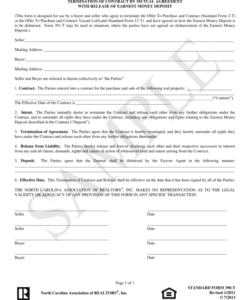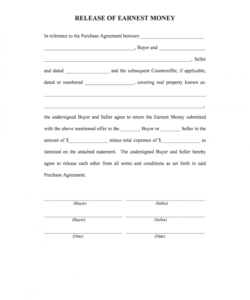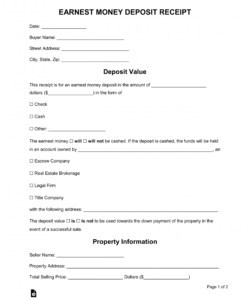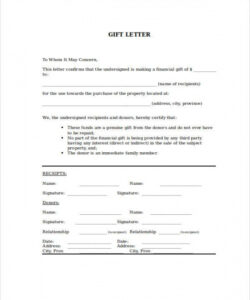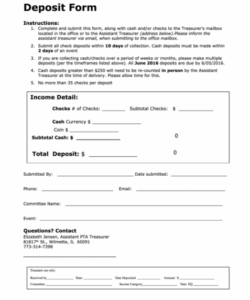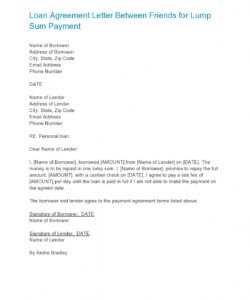Release of earnest money deposit form, Lanlord or tenant Law is not among my general regions of practice, but just like every lawyer, I’ve friends who often ask my advice about legal issues with which they are faced. Recently, a friend asked for my help in corresponding with her former landlord seeing fees taken from her rental security deposit she believed were unwarranted.
Custodial – this type of protection requires the landlord to cover the complete quantity of the deposit into a documented scheme. The cash is held in the strategy until the tenant leaves the property. Providing there are no disputes the deposit is paid back to the tenant. Where there’s a dispute the scheme uses an adjudicator to arbitrate between tenant and landlord. The adjudicator’s decision is normally final. Insurance – having an insurance type strategy the landlord keeps the entire deposit. The landlord pays a charge for insurance to safeguard the deposit. The insurance has to be taken using a government approved strategy. After the tenant leaves the house the landlord repays the deposit back to the tenant. Insurance kind schemes also have an adjudicator service in case there is a dispute. If a dispute does arise the adjudicator will need the landlord to pay the full deposit into the scheme while the dispute is researched.
A landlord has 28 days to register a deposit with either a custodial or insurance type scheme. Info regarding the registration of this deposit must be supplied to the renter. Under the Housing Act there is a prescribed format for information to be provided. The landlord can be taken to court by the tenant in which the information hasn’t been supplied in the right format. Tenants have the right to return six years prior to taking action against the landlord.
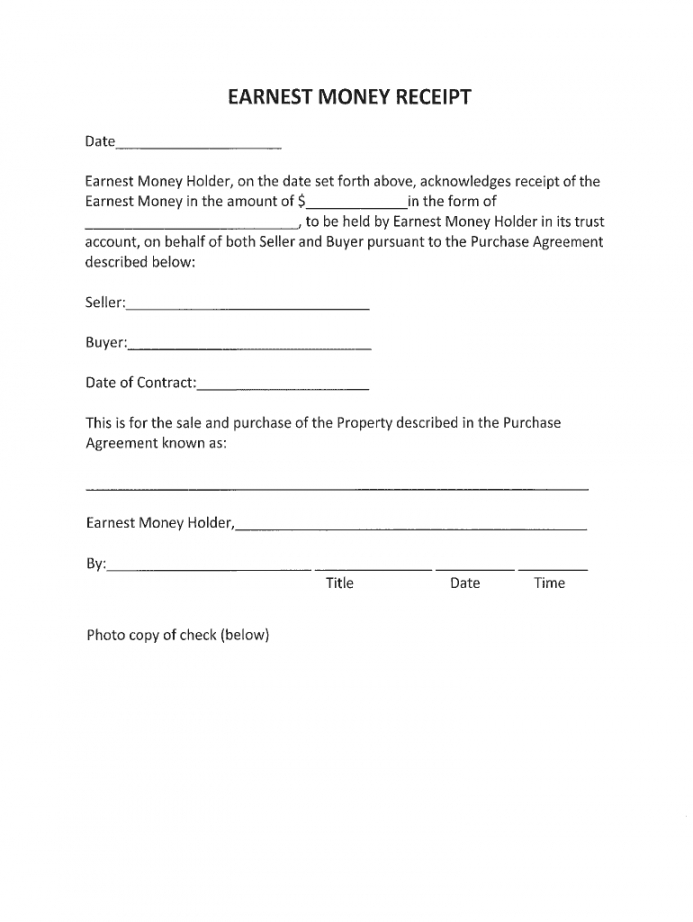
Every time a tenancy is renewed the insurance on the deposit must also be renewed for example if the landlord has a six monthly Assured Shorthold Tenancy and composes a new tenancy agreement at the end of the six months then the deposit must also be renewed. To save on expenses many landlords difficulty a tenancy for a fixed term period with a clause saying the tenancy becomes a monthly contractual lien in the conclusion of their fixed term. By having one lien for the duration of the time a renter is at the house that the landlord need only pay 1 fee to defend the deposit.

